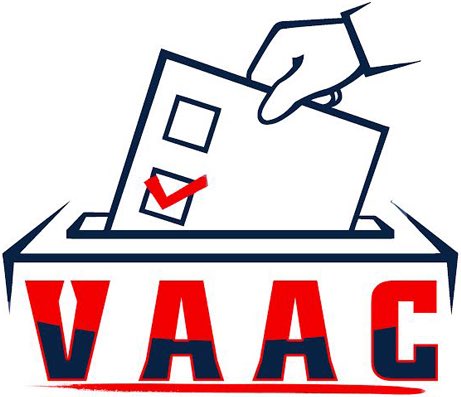In December of 2021 when the Michigan Citizens Independent Redistricting Commission (MICRC) was deciding how to redraw the legislative district maps for Michigan, this story and video appeared on WLNS.com. It features an interview with VAAC’s Chairperson, Danny Jones. Watch it here or read the article below.
Have you ever heard of prison gerrymandering? Here’s what it is.
LANSING, Mich. (WLNS)—Gerrymandering is something that is talked about a lot, especially during the census years. The term itself is defined as the unfair process of drawing district lines, and many groups say it can unfairly represent a group of people.
Prison gerrymandering is another term that falls in a similar category.
Prison gerrymandering is the practice of counting incarcerated people in the area where their prison resides, rather than their hometowns.
“In 2000, I was incarcerated at the Michigan Reformatory in Ionia County and I’m originally from Wayne County,” said Daniel Jones, Outreach and Engagement Coordinator for the Michigan Collaborative To End Mass Incarceration.
“While I was there a corrections officer went around and passed out a census form to everybody in the cell block, and as I began to fill it out I heard a person yell out from inside their cell that we shouldn’t be filling this out because we’re not residents here in Ionia. They are trying to count us as residents so they can receive more funding and benefit… so I threw it away.”

Jones was only 20-years-old when he went to prison, and that was the first time he started to question prison gerrymandering.
“I became aware something was wrong,” said Jones, “After a person has served 20 or 30 years, after two or three different censuses have been taken.”
Jones is now the Outreach and Engagement Coordinator for the Michigan Collaborative to End Mass Incarceration. His goal is to educate the community on what prison gerrymandering is and how it can be unfair to minorities.
Jones told 6 News there are nearly 35,000 inmates in Michigan and those prisoners still want to feel like they are still apart of their own communities.

“I think it’s important to have as much voice as possible in your home community,” said Tracey Brame, a Lawyer at WMU-Cooley Law School.
Brame says prison gerrymandering can make it hard for prisoners to have equal representation.

“The census began years ago it didn’t make as big of a difference because you’re really counting people in the state right, it didn’t really matter,” Brame said, “Statewide we still count them kind of where they are housed.”
Brame told 6 News if someone is in prison during a census year they will ultimately be representing an area they are unfamiliar with policy-wise.
“Considering that many of our prisons are in rural kind of outlined areas in Michigan that tend to be more Republican,” Brame said, “It’s often the white rural communities that benefit from being able to count those prisoners for purposes of representation.”

Leave a Reply